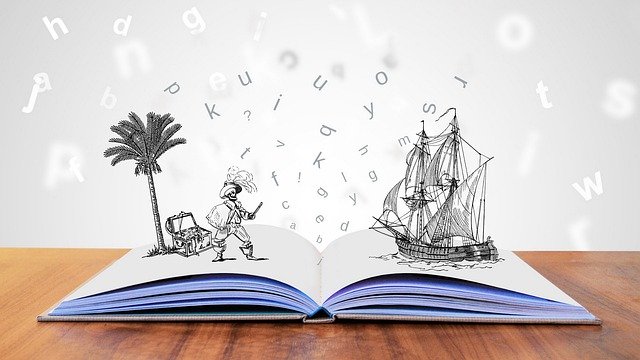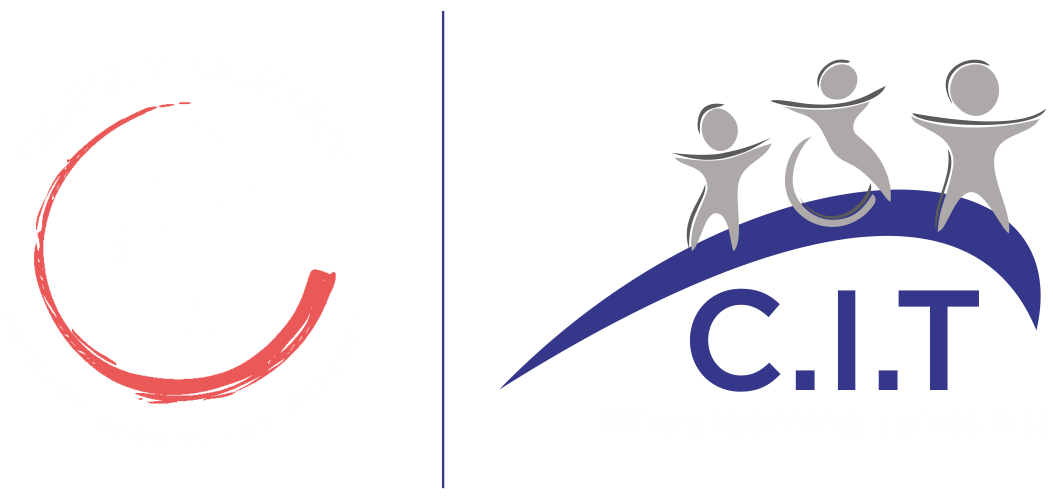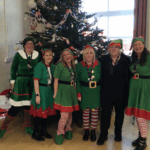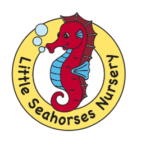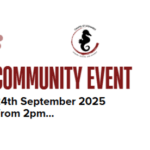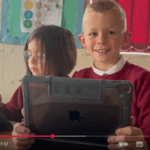Reading is a priority in our school to enable our children to access the full extent of our curriculum and give our children the fluency and confidence to enjoy a lifelong love of reading.
To support children’s reading at home we use Read, Write Inc. Book Bag Books –engaging texts to support children with additional reading outside of the classroom.
EYFS/Key Stage 1
At Chapel St Leonards Primary School we follow the Read Write Inc. Phonics scheme which is a complete programme, for 4 to 7 year-olds learning to read.
In our Reception class all of our children:
– Read storybooks and non-fiction books closely matched to their developing phonic knowledge.
– Take home Phonics storybooks to share matched closely to their phonetic ability.
– Read with fluency and expression.
– Learn to spell using known sounds.
– Write confidently by practising what they want to write out loud first.
– Work well with a partner.
By the end of Year 1 all of our children:
– Are accurate and speedy readers.
As a school we have taken part in a two-year professional development (PD) and leadership programme as part of The Department for Education’s Teaching and Leadership Innovation Fund (TLIF) focusing on the teaching of phonics and early reading and writing with Read Write Inc. Phonics. The programme focuses on the teaching of phonics and early reading and writing with Read Write Inc. Phonics. The school is committed to raising life chances for every child – regardless of background.
Read Write Inc Phonics works because it:
– Makes learning to read focused and fun; we put as much joy into teaching the sound ‘r’ as we do into reading a story by Roald Dahl.
– Uses picture mnemonics to teach all Reception children to read and write 30 sounds in two months.
– Gives children storybooks matched to the sounds they know so they develop accuracy, speed and confidence.
– Uses a unique ‘three reads’ approach to ensure that children love the story and can read it proudly with fluency and expression at home.
– Provides the tools for your children to become confident writers: by the end of Year 1 children can write at length using exciting vocabulary and good spelling.
– Picks up struggling readers and writers straight away with one-to-one tutoring – an effective use of pupil premium and pupil deprivation grant funding.
To support children’s reading at home we use Read, Write Inc. Book Bag Books these are engaging texts to support children with additional reading outside of the classroom. The books are uniquely matched to the group of children and texts the children are reading in their phonics lessons to reinforce the children’s learning of phonics at the appropriate level helping them to make even faster progress in reading. This means that children are always reading books that they can decode, building fluency and increasing confidence. When Year 2 children complete the Read, Write Inc scheme and have a secure knowledge of the 63 sounds, they will use the Rising Stars Reading Planet scheme which enable them to apply their phonics knowledge and build comprehension skills through low-stake quizzes in a fun and rewarding way.
Reading and Phonics in EYFS/KS1 is led by our Early Reading Leader who regularly assess and audits provision to ensure that no children are left behind.
We understand that it is vitally important that adults model the reading of texts with the correct intonation. This takes place in VIPERS sessions as well as a class story which is shared at the end each day in all classrooms.
We ensure that texts we use in our reading lessons are pitched at an ambitious, yet appropriate level. For whole-class reading lessons, texts have been mapped for each year group. This ensures knowledge and vocabulary rich texts are used across fiction, non-fiction, traditional tales and poetry genres. We have mapped texts as part of our school ‘Reading Spine’ to ensure variety, coverage and progression throughout the school.
Key Stage 2
As children enter Key Stage 2, children have the phonetic skills and knowledge to read fluently. Targeted support is provided to ensure that children do not fall behind with their reading and there is a smooth transition from Key Stage 1. We use Accelerated Reader. This is a program based on ‘real’ books. Children are assessed and their Zone of Proximal Development (ZPD) is calculated and they choose their books within this range. Children are able to choose their own book this gives children an intrinsic motivation to read.
Once children have read their book they take a computer-based quiz. This low-stake quizzing ensures that the book has been read and understood by the children and provides a valuable insight into children’s reading for their teachers. In order to make accelerated progress in reading children must be engaged in at least 20 minutes of reading a day and must maintain an average quiz accuracy of 85%. This is very closely monitored by teachers and leaders to give children the very best chance of success. Children are tracked throughout the school with a particular focus on phonetic understanding and fluency. If required, these children use ‘WordBlaze’ as an intervention (WordBlaze is a fast-paced reading and spelling intervention resource that is proven to raise standards in reading and spelling across Key Stage 2). Whilst using WordBlaze children will quiz using Rising Stars Reading Planet resources. This allows children to develop their phonetic understanding as well as comprehension in a similar way to their peers.
Whole School Approaches
Children are explicitly taught the skills of reading in whole-class reading sessions through the use of the VIPERS approach (Rob Smith, Literacy Shed). This approach is used in Key Stage 1 and Key Stage 2. The skills of reading are split into the key areas of:
– Vocabulary
– Inference
– Prediction
– Explanations
– Retrieval
– Sequencing (Key Stage 1) Summary (Key Stage 2).
Over each half term, different skills are targeted allowing children to build their knowledge and understanding. By focusing on specific skills, teachers are able to help children develop a deeper understanding of reading. Teachers use the James Durran’s (North Yorkshire Education Service) planning tool which helps develop lessons with curiosity and a love for reading at the centre.
As well as our whole-class reading sessions, children explore and compare the styles and approaches of different authors in Author Study sessions. During these sessions, children discuss and explore deeply an author’s life and body of work; think critically about author’s themes, characters and writing style and make connections between authors and themselves.
The aim of the Author Study is to:
– Help develop a deeper understanding of authorial style
– Develop critical thinking skills when comparing and contrasting
– Improve writing skills and the importance of audience and purpose
– Form a deeper love for readings and develop personal preferences as readers by exposing children to a range of high-level texts.
– Establish a community of readers who form closer connections through shared reading experience.
– Make wider connections between texts and authors, and their lives.
Developing a Love of Reading
To develop the children’s engagement and love of reading we have undertaken a number of wider initiatives outside of the taught curriculum to inspire and engage the children across the school:
– EYFS/Key Stage 1 Family Learning sessions with a focus on traditional tales and phonics
– Whole school ‘Book Hunt’ in partnership with Lincolnshire County Council’s Family Learning team.
– Book Fair and Book Fair Tea Party
– World Book Day Author Visit
– Whole School Focus on texts (Gregory Cool, Here We Are, What We’ll Build)
– Remodelling of Library area to encompass an engaging ‘Story Telling Area’ an organised and effectively catalogued stock of non-fiction books.
– Introduction of Daily DEAR (Drop Everything and Read) across the school
– Continuation of dedicated protected ‘Story time’ 4 days a week
– Introduction of class ‘Book Guardians’ for each class
– Weekly visit to the in- school ‘non-fiction’ library to choose books and understand how books are catalogued
– Weekly Star Reader Awards in Key Stage 2
